Helen Livanios was scrolling through Facebook when her heart completely dropped. In an SBS News video that was shared across the platform was her best friend's crying husband. He was standing amidst a charred and blackened landscape in front of the torched shell of his wife's car and weeping onto the shoulder of a friend: he had just discovered the burnt remains of his 35-year-old wife, Popi Siapkara.
It had only been a few short days since Ms Livanios had been in Mati herself - a coastal town popular among holiday-makers where Ms Livanios had spent time with her friend and her family before deciding to return to Athens. It was the last time she'd see her alive again.
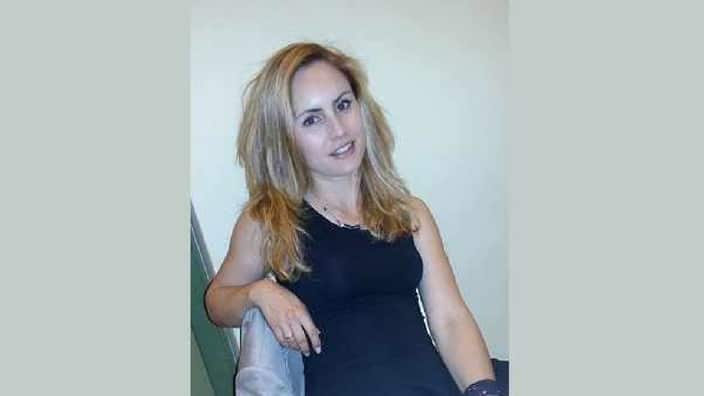
"My friend went to Mati for a couple of days with her husband and son to take some time off work," Ms Livanios told SBS Greek.
"When they suddenly heard 'you have to evacuate' they just grabbed each other and ran. While she was running she dropped [behind] and he continued to run.
"They lost each other. They later found her near the car. Burned."
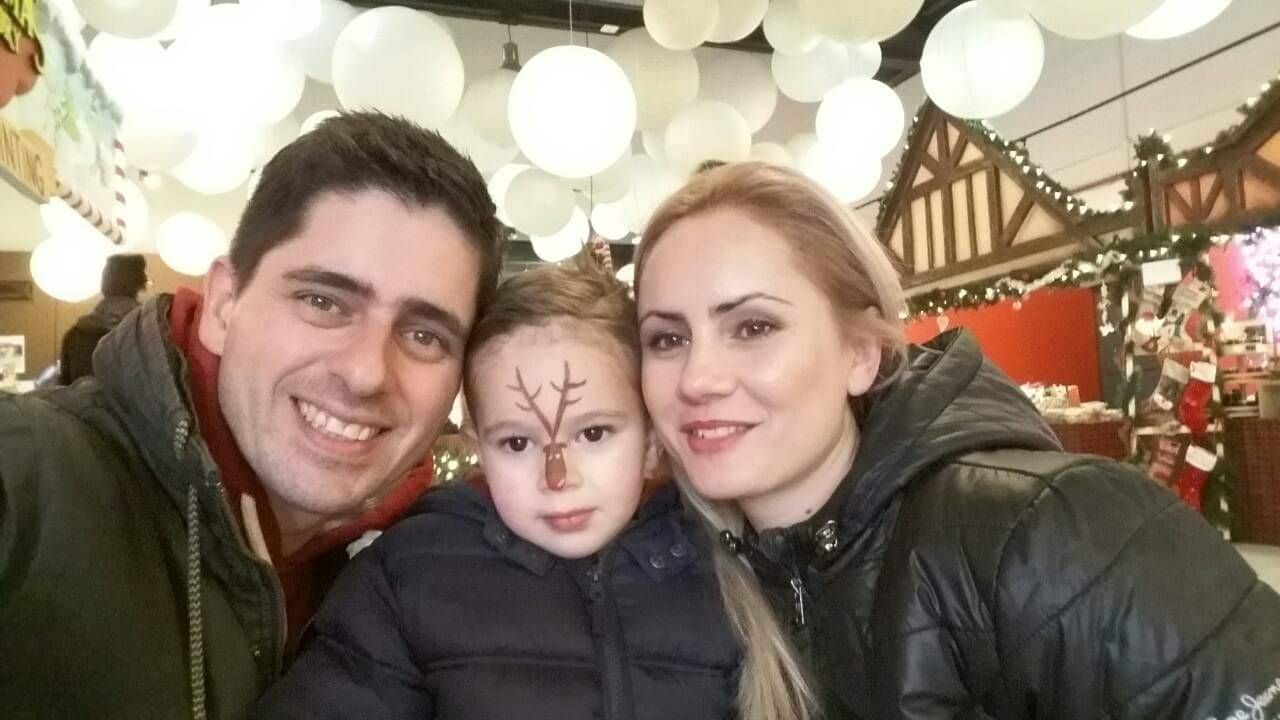
Ms Livanios, a nurse from Melbourne who has lived in Greece for the past two decades, said the ferocity and scale of the wildfires had taken everyone by complete surprise. Greeks were used to forest fires, she explained, but what tore through Mati had engulfed everything with little warning.
"This was like a bomb that dropped from the sky and no one knew it was coming," she said.
"[It's] a total tragedy"
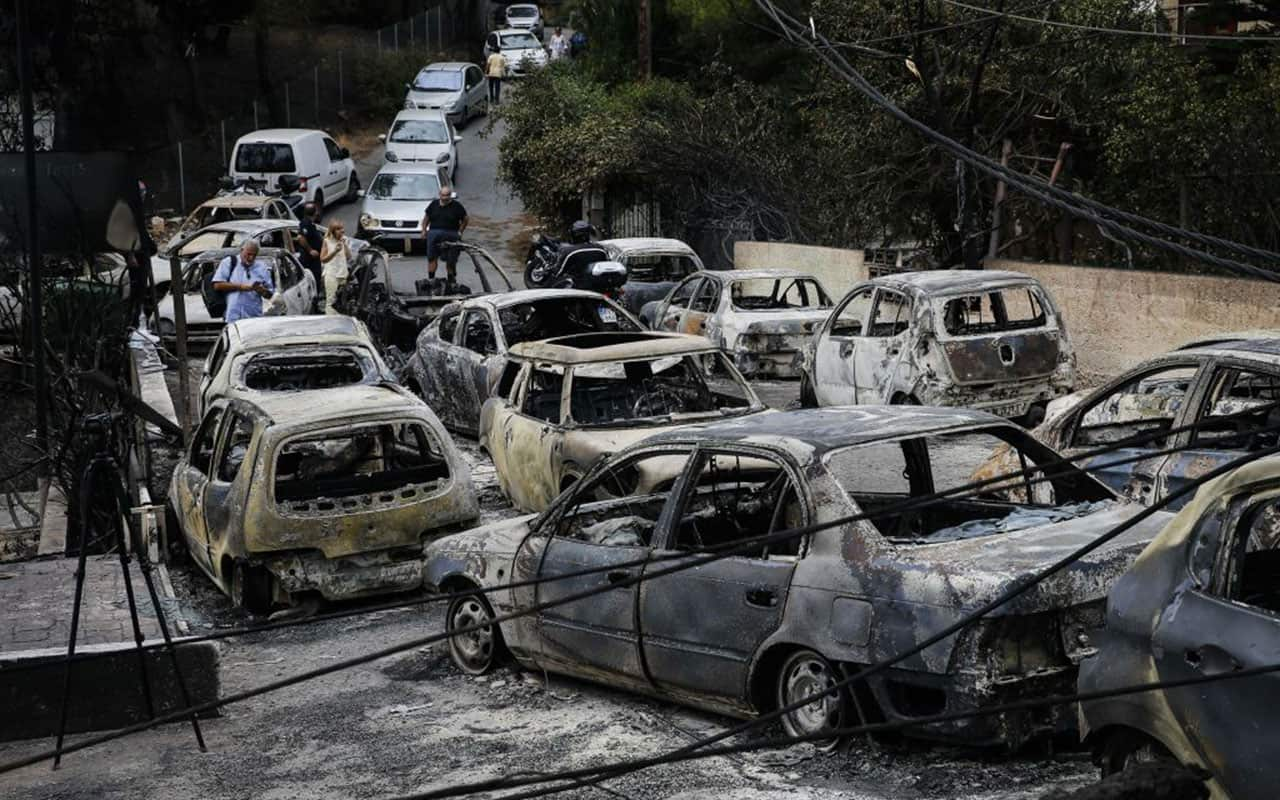
The wildfires which swept through Greece this week have been described as "apocalyptic" and were the worst Europe has seen in a century. At least 83 people have been confirmed dead in the latest death toll, many of them small children. Dozens of others are still unaccounted for as emergency services and volunteers continue to pick through the remains of entire villages that were devoured by the fires and sent residents fleeing to the sea.
Friends and family of those still missing have begun giving DNA samples to rescuers to try and identify the remains of those caught by the flames.
"Mati no longer exists," the mayor of Rafina, Evangelos Bournous said. More than a thousand buildings and 300 cars were decimated or badly damaged in his town, he said.
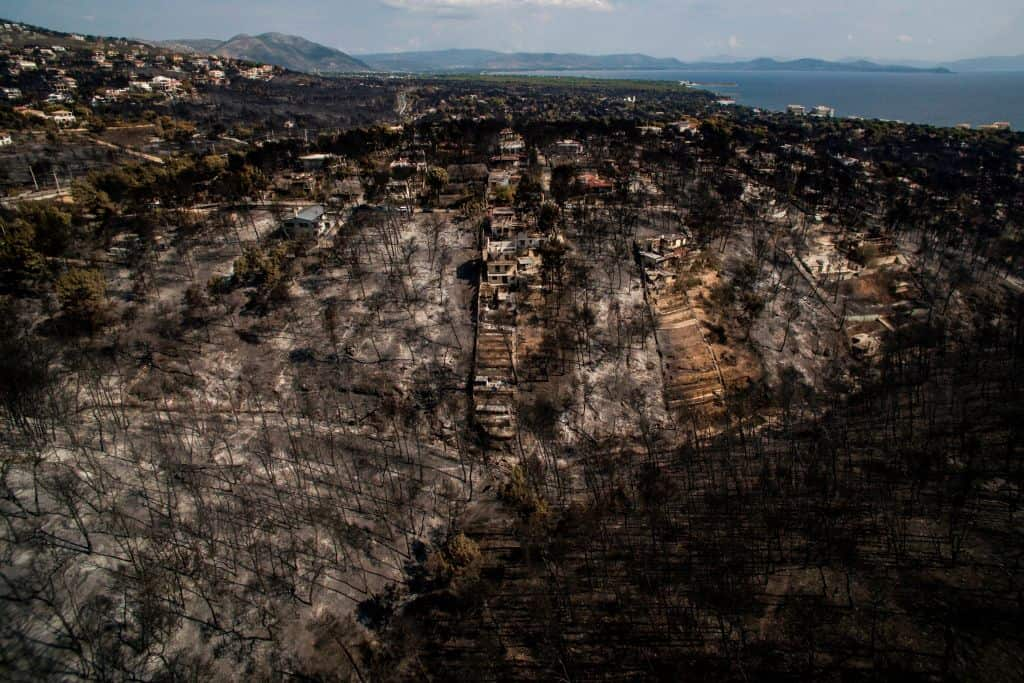
On top of the grief from her friend's death, Ms Livanios said her escape from the dangerzone just before the wildfires engulfed Mati, had left her feeling guilt.
"I feel lucky in a way but so ashamed and helpless," she said.
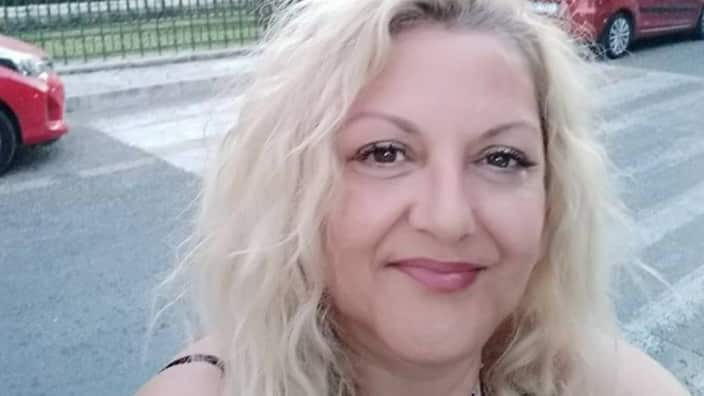
As a nurse specialised in intensive care, she said she initially tried to help the volunteer effort to find bodies and help survivors but couldn't keep up.
"You need to be very strong to see this. I couldn't," she said.
"There is help but every day is more difficult because they keep finding dead people."
It gave her some comfort she said to see the outpouring from Australia to Greece for those who were suffering.
"I am proud and happy. People need the support," she said. "I feel safe having Australia by my side."
